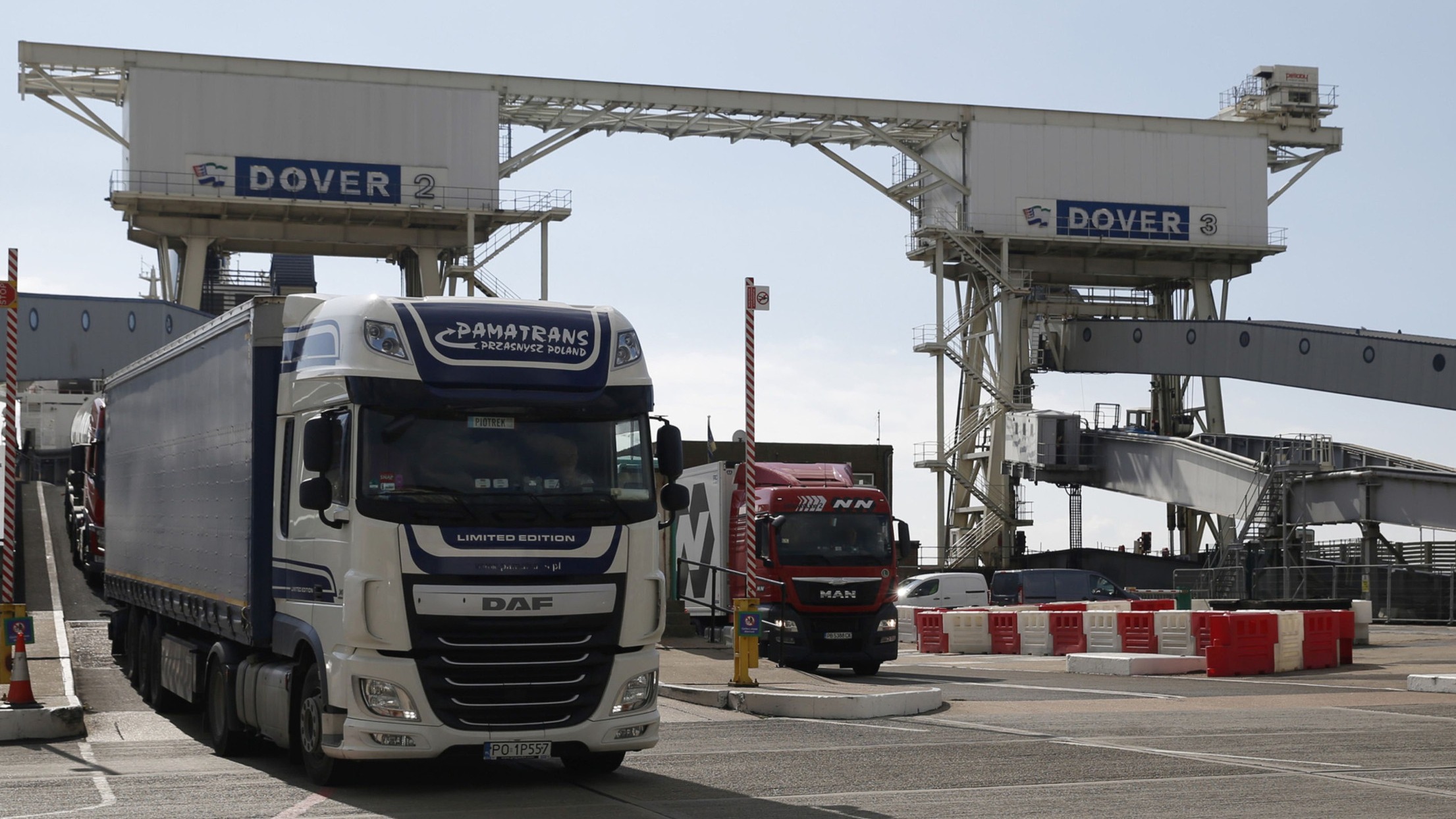UK (Parliament Politic Magazine) – The UK government has announced its intention to once again postpone the implementation of post-Brexit border checks for goods coming from the European Union. This decision has sparked criticism from British business organizations, who argue that this delay will impose additional financial burdens on them.
This week, the UK introduced its Border Target Operating Model (BTOM), described as a “world-class” system designed to revamp the way the country handles imports from both the EU and other regions. The model aims to streamline the information required from importers for safety and security checks, which are used by UK border authorities to prevent the entry of illegal items such as drugs and firearms. Additionally, it adopts a “risk-based approach” to sanitary and phytosanitary inspections for animal and plant imports.
Delay in The Implementation Date for Broader Model
Downing Street has announced a delay in the implementation date for the border model, extending it from October to January 2024. This decision marks another postponement of import controls on EU animal and plant-based goods.
Since the UK’s departure from the single market in 2021 and the subsequent imposition of equivalent controls on British goods by Brussels, the government has deferred such checks a total of five times. The National Farmers Union (NFU) president Minette Batters says: “It’s hugely frustrating for many producers that the government has yet again delayed the implementation of vital checks on goods entering from the EU.
She remarks, emphasizing that postponing import controls within the EU may also present biosecurity risks. “For the past three years, our farmers have faced the full reach of EU controls on our exports while the EU has enjoyed continued easy access to the UK marketplace.
While some experts in the industry acknowledge the relatively short delay, they point out potential challenges for businesses that had previously aligned their operations with the EU import check deadlines.
Steve Parker Comments On This Issue
Steve Parker, the Director-General of the British International Freight Association (BIFA), commented, “[Our members] have exercised caution in response to any government announcements outlining new dates and an implementation schedule for the BTOM, and will continue to do so, given the lingering uncertainties.”
This decision comes as concerns grow about the need to provide importers with more time to prepare for the new system. There are also fears, even within the government, that implementing checks on EU goods could contribute to an acceleration of food price inflation.”
In August, the Financial Times reported that the delay in implementing the new system received approval from UK Chancellor Jeremy Hunt. He referenced mounting concerns within Downing Street regarding the potential cost increases, particularly within the food supply chains. Additionally, traders had requested more time to adapt to the new system.
Recent government data, released this week, suggests that the scheme could lead to a 0.2% increase in food prices over the span of three years. However, it characterizes this increase as “minor” and expects it to have only a limited impact on inflation.
Read More: The Regulatory Landscape of CBD in Europe
UK Government’s Decision to Postpone the Launch
Some business groups have welcomed the UK government’s decision to postpone the launch, they argue that it will provide companies with valuable time to make necessary adjustments to the new digital system and checks on EU goods. William Bain, head of trade policy at the British Chambers of Commerce says:
“Businesses will be pleased with this clarity as they prepare for the challenging shift to a digital trade system’’. He emphasizes that the new digital strategy can provide significant advantages to small and medium-sized enterprises (SMEs), and the primary objective should now center on implementing the unified trade portal.
The UK’s single trade portal will empower traders to submit import and export data through a unified digital gateway. According to the British government, this approach streamlines the process, requiring traders to provide information only once and in a single location, thereby eliminating complexity and redundancy within the system.
The UK government asserts that the technology-driven nature of this system will substantially reduce paperwork and data duplication, resulting in annual cost savings of approximately £520 million for businesses compared to the original import model. In addition to these benefits, industry experts have commended the “risk-based” aspect of BTOM.


